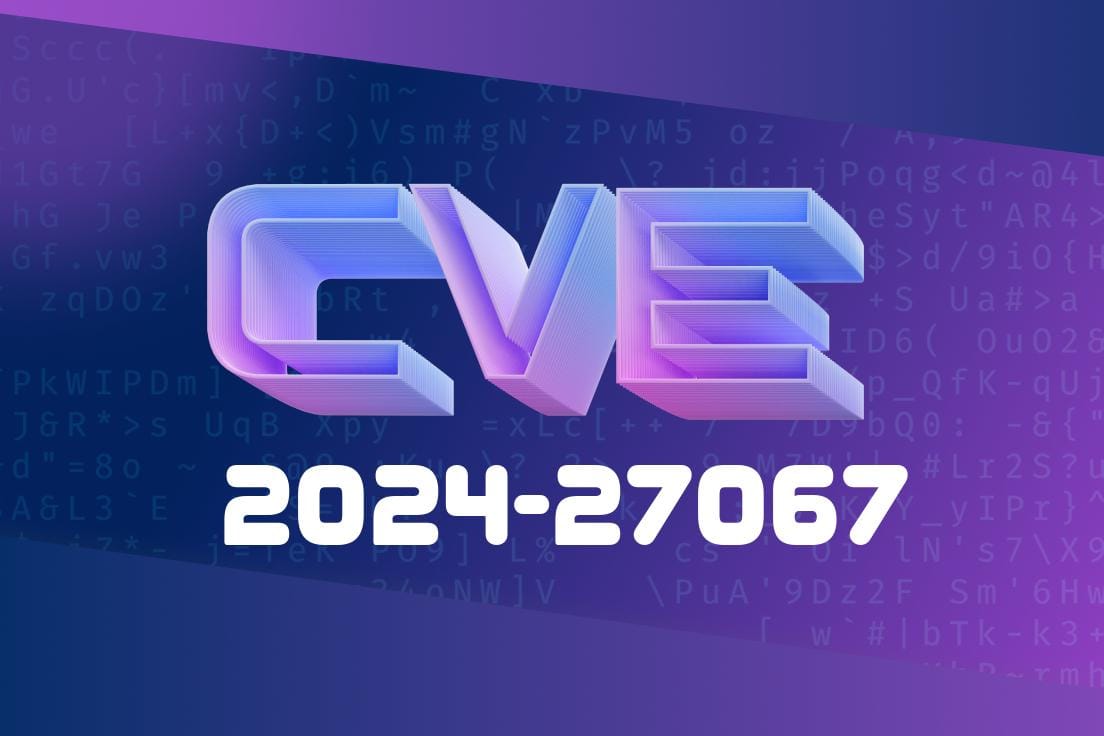In early 2024, a significant bug was patched in the Linux kernel’s Xen subsystem specifically affecting the management of event channels. This post walks you through CVE-2024-27067, explains the bug, describes how it could be triggered, shares code snippets for context, and links to original sources for further reading.
What is CVE-2024-27067?
CVE-2024-27067 is a vulnerability in the Linux kernel code handling Xen event channels (xen/evtchn). When unbinding a user event channel, it was possible—if the kernel had debugging options enabled (notably CONFIG_DEBUG_SHIRQ)—for the channel’s handler to be called one last time while it was in a half-unbound state. This could cause a kernel warning (WARN()), leading to undesirable kernel noise, potential stability problems, and, in theory, escalating bug effects in debugging or testing environments.
In some setups, repeated kernel warnings can lead to kernel panics depending on sysctl settings.
- For projects or companies running Xen virtualization or developing on Linux with CONFIG_DEBUG_SHIRQ, this bug could disrupt debugging, CI, or deployment.
The Root Cause
When unbinding a user event channel in the Xen subsystem, a handler might be called after unbinding starts but before it is completely unregistered. With debug IRQ sharing (CONFIG_DEBUG_SHIRQ), this path hits a special check in the handler and triggers a WARN_ON() call.
Here’s the Problematic Code Section
int xen_unbind_evtchn_unlocked(evtchn_port_t port)
{
...
user_event = evtchn_to_user_event(port);
...
/* Possible for handler to be called again here, triggering WARN(). */
...
}
With debugging enabled, the handler function runs on a stale or half-teardown state, causing a kernel warning like:
WARNING: at drivers/xen/evtchn.c:xxx
Solution: The "unbinding" Flag
Patch summary:
To stop the warnings, the kernel maintainers added an unbinding flag to the struct user_event. This flag signals the handler to bail out and not run its normal logic if the event is in the middle of being unbound.
Simplified Fixed Code Snippet
struct user_event {
...
bool unbinding;
...
};
static irqreturn_t evtchn_interrupt(int irq, void *dev_id)
{
struct user_event *ue = dev_id;
if (ue->unbinding)
return IRQ_NONE;
...
}
int xen_unbind_evtchn_unlocked(evtchn_port_t port)
{
...
user_event->unbinding = true;
...
}
By setting unbinding = true before teardown, we short-circuit any "last moment" handler calls.
How Can This Be Exploited?
Strictly speaking, CVE-2024-27067 doesn’t expose a classic privilege escalation or remote attack—but for advanced users (security researchers, cloud ops, kernel fuzzers), it’s a denial of service (DoS) or debugging stability flaw.
### Exploiting for DoS/Kernel Warnings
An attacker with enough privileges (able to create and tear down Xen event channels from userspace) could rapidly create/unbind channels, intentionally triggering lots of WARN() messages, spamming system logs and potentially destabilizing the system if panic_on_warn=1 is set:
Proof-of-Concept (PoC) Scenario
// Pseudo C code for spamming the bug
for (int i = ; i < 100; i++) {
port = allocate_user_event_channel();
bind_handler(port, my_dummy_handler);
unbind_event_channel(port); // triggers the bug if DEBUG_SHIRQ is on
}
Note: This code is for demonstration only; doing this on a production server will seriously mess up your system logs and might affect system stability.
## How to Stay Safe (Mitigation/Fixes)
This vulnerability was fixed in the mainline Linux kernel as of commit
7261ecab27b6 (linux-next)
and backported to various stable branches.
If running a custom kernel, apply the patch and rebuild
- Consider disabling CONFIG_DEBUG_SHIRQ unless actively debugging IRQ/sharing bugs
Official References
- Linux Kernel Patch Commit
- Debian Security Tracker - CVE-2024-27067
- NVD Entry (awaiting details)
- Upstream LKML Patch Discussion
Update your kernel!
Have more questions about how this affects your cloud or hypervisor setup? Drop a comment or reach out!
Timeline
Published on: 05/01/2024 13:04:16 UTC
Last modified on: 09/18/2025 16:55:15 UTC
